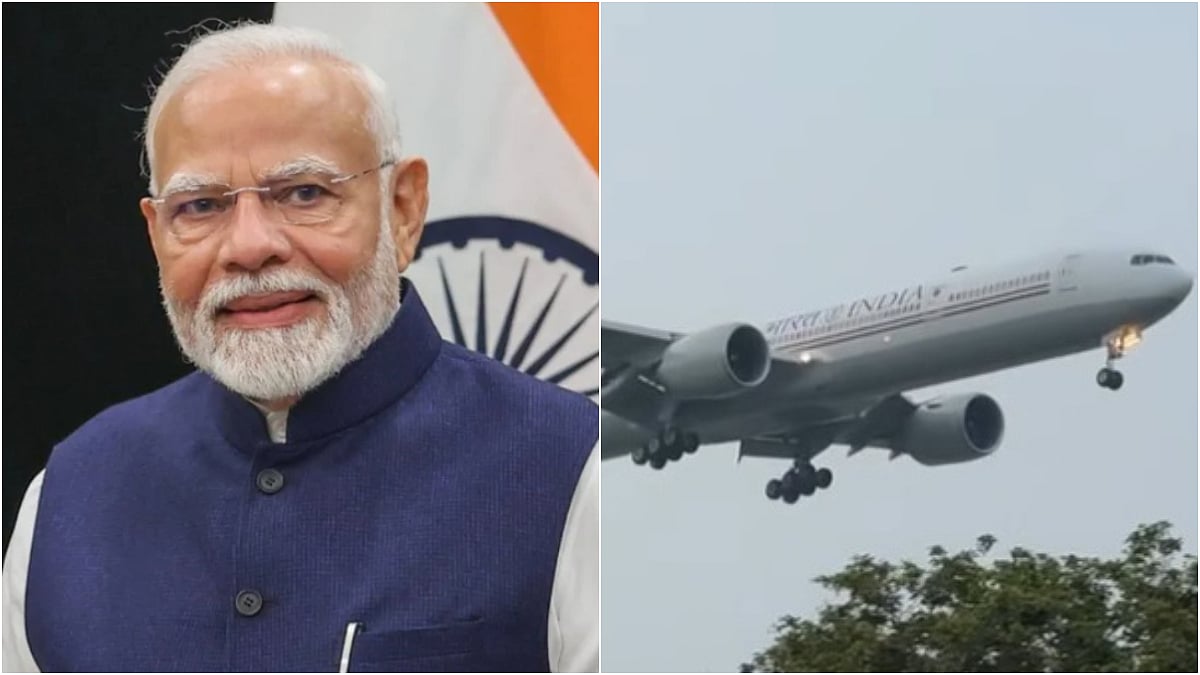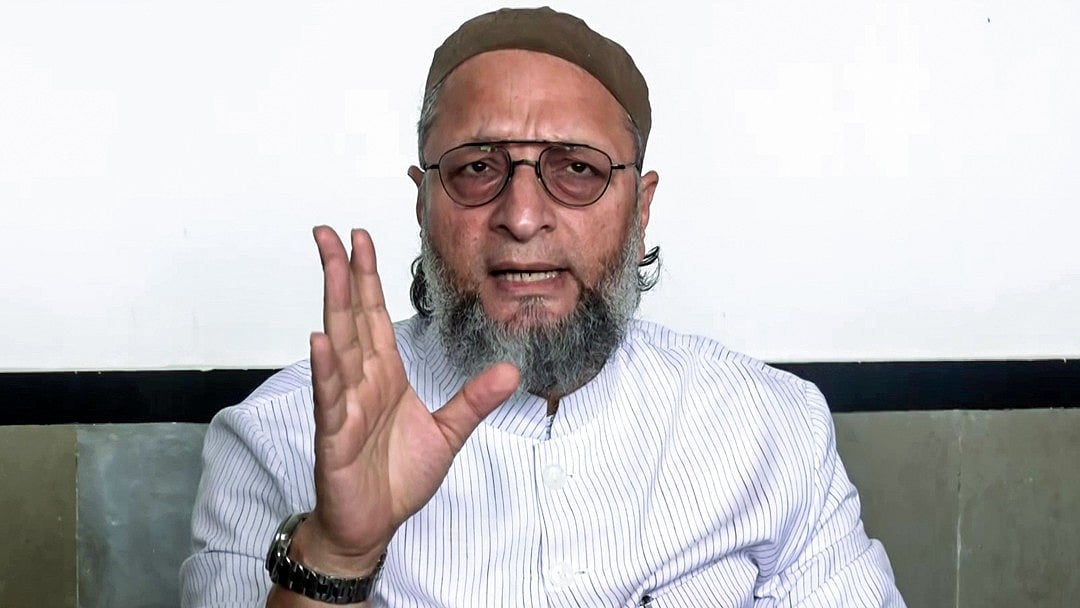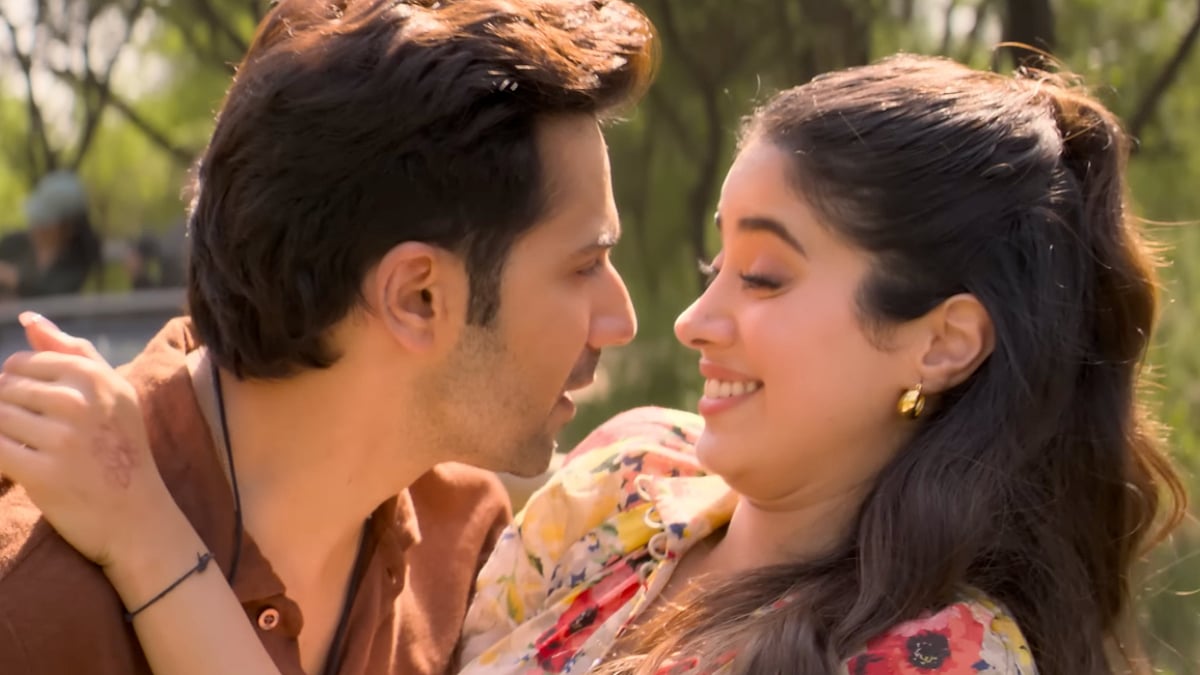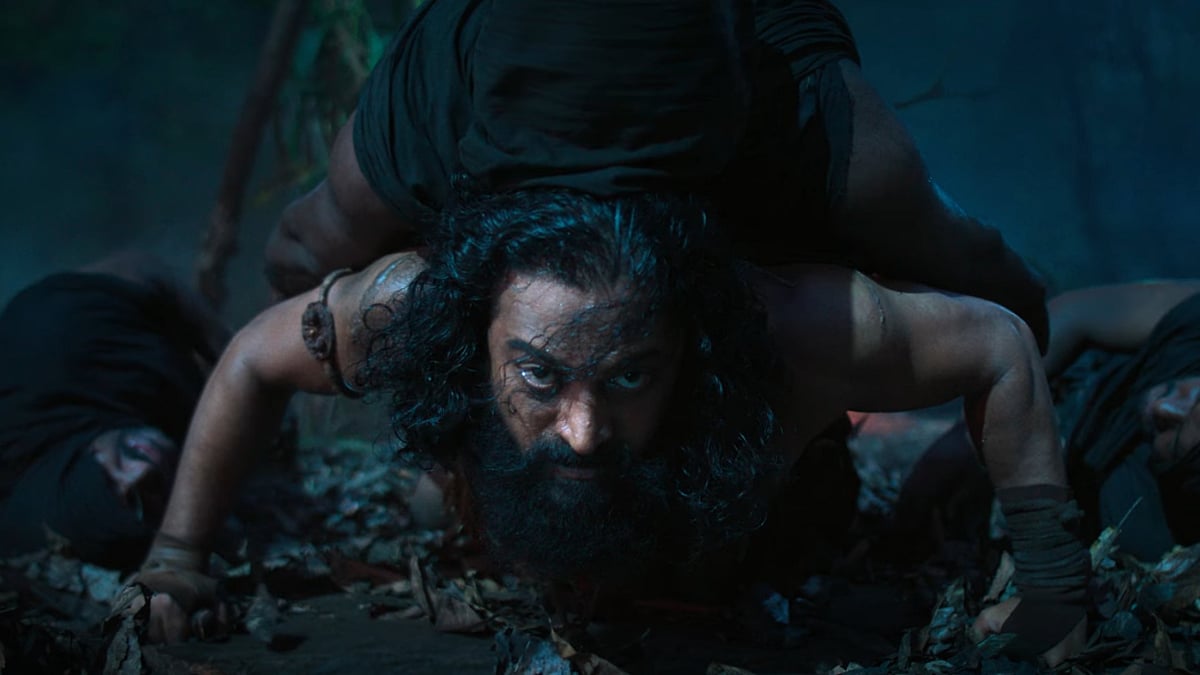Director: M.S Sripathy
Cast: Madhur Mittal, Mahima Nambiar, Nasser, Yog Japee
Where: Releasing in cinemas on October 6
Rating: 3 stars
Sports dramas make for rousing narratives. Especially, when there is very little about the lives of our favourite sportspersons out there in the public domain. Considering that most of the knowledge available stem from either an outsider’s perspective or from an insider who is well-acquainted to said public figures, a good sports biopic considerably becomes a favourable theatrical bet.
While Indian films have explored the lives of famous cricketers from the likes of Kapil Dev, Sachin Tendulkar and M.S Dhoni to name a few, seldom has there been a germ of a film realised where the gaze is shifted towards an international achiever.
Filmmaker M.S Sripathy makes a well-intentioned debut with the inspiring story of ace bowler Muttiah Muralidharan with 800. The film offers a unique perspective on how a cricketer’s journey stemmed from an emotion of wanting to be known for his game and not his identity.
Young actor Madhur Mittal shoulders the responsibility of playing the Sri Lankan cricket legend and practically disappears into embodying every mannerism and expression that is known to popular perception.
As the beginning credits roll, we are briefed about how England popularised the game of cricket during its rule in India, Sri Lanka, South Africa, Australia, New Zealand and West Indies. Soon the story shifts towards how Murali’s grandparents migrated from Tamil Nadu to settle down in Northern Sri Lanka and work at Kandy’s tea estates. A few scenes later, riots between the Sinhalese and Lankan Tamilians dictate the fate of Murali’s relatives, who move back to Tamil Nadu, while young Murali and his parents remain in Kandy. From here on, the movie focuses upon how Murali’s Tamil origins became imperative for him to mark his place in the Sri Lankan cricket team and how did he eventually chart about his milestone-laden career where he took over 800 test wickets. The film also takes the opportunity to address the chucking allegations that were hurled against the cricketer by Australian cricketers and other regulatory authorities.
Enabled by Ghibran’s powerful score, Sripathy executes his script with a lot of sincerity. Unfortunately, much of the writing is amateur and the screenplay falters on more than a few occasions. While the movie thankfully avoids the Wikipedia trope of depicting biopics, one wishes there was more focus laid upon Murali’s cricketing career than indulging in how national politics and social biases hampered his opportunities.
Yet, it is left to the responsibilities of Mittal who effectively conveys Murali’s initial ambition and child-like frustration, behind the seemingly menacing cricketer, we’ve always witnessed of him, on the field. If not for the young actor’s seamless act, 800 could nosedive to a point of no redemption. Thankfully, it sustains itself and serves as a humble reminder that there are multiple human stories of international sporting legends, waiting to be told.













